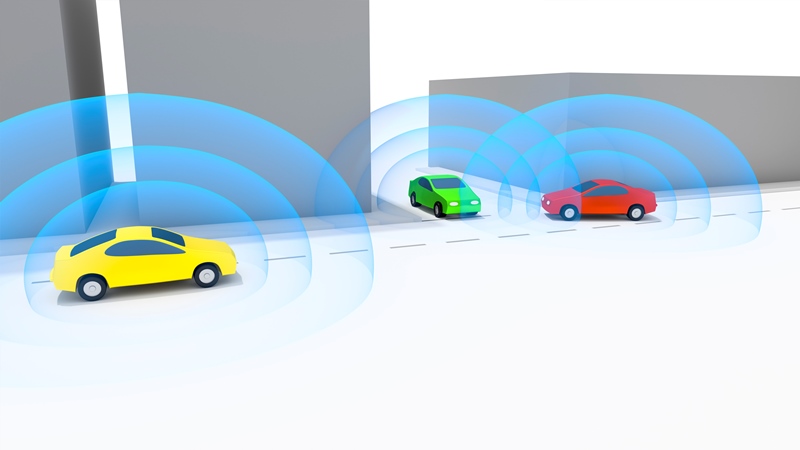Gender Divides Auto-pilot Drivers

Vehicle History and data expert Cartell.ie reports on a new study released which concludes that men and women drift into different worlds when switched to ‘autopilot’ and hope for different benefits from future automotive advances. Women drivers are nearly twice as likely as their male counterparts to compile a mental shopping or ‘to do’ list whilst men listen to music, the radio or podcasts. Eight in ten road users admit they sometimes drive on autopilot – zoning out for some or all their journey. The issue is getting worse as the same study in 2009 found six in ten failed to concentrate throughout their trip, so in just over six years the number of people driving on autopilot has increased by a third.
The research is part of Continental Tyres’ ‘Vision Zero’, a long-term commitment to reduce accidents through innovative tyre technologies and automotive systems. It was also revealed that men are far less worried that being an autopilot motorist impacts their safety, with 41 per cent not bothered if they sometimes tune out – 24 per cent more than with women.
Eddie Ryan Marketing Director at Advance Pitstop said:
Although both men and women are physically engaged in driving, if they are distracted that presents a risk. It is possible that what they think about when ‘zoned out’ can make a big difference when they need to concentrate fully. This research also identifies clear differences in the environment when the different genders are more prone to being distracted and given the impact on likely speeds; this informs our constant drive to improve road safety.”
The study of 2,000 drivers determined that women are 57 per cent more likely to be distracted on small side roads – when travelling slower – whilst men are 48 per cent more likely to switch to autopilot when on motorways. A quarter of all drivers say that being distracted happens as often as one in five journeys – with around one in six men admitting they often cannot remember the entire journey.
Professor John Groeger, driving psychologist at the University of Hull, said:
Driving is a complex task that requires our attention but not necessarily our absolute concentration, as long as everything is happening. Without concentration reacting to something unexpected may simply take too long for us to respond safely. The sheer monotony of driving can mean maintaining concentration is very difficult and tiring though it is vital that we get it right.”
As advances are made in automotive technology, more and more tasks are removed from the driver – like parking assistance – so the potential exists for there to be less to concentrate on. Men are very positive about future automotive technology as they are 46 per cent more likely to suggest automated driving will increase road safety. Three in ten women are not sure whether such advances will be safer. When asked about the priorities for development, men were nearly twice as keen as women to see driverless cars on the road, whilst female motorists are 23 per cent more likely to want technology to improve protection for people in the event of a crash.
The top five distractions for men and women that are a risk to road safety are:
Women
- Bad weather – 49%
- Tiredness – 45%
- Noisy child – 36%
- Bad mood – 36%
- Other drivers / road rage – 34%
Men
- Tiredness – 46%
- Bad weather – 36%
- Noisy child – 32%
- Other drivers / road rage – 30%
- Bad mood – 27%
Always remember to stay safe and to pay attention on the road. It’s also important to remember to keep your car in a safe condition by getting your car serviced and your tyres checked regularly. You can find more information about car tyres and servicing online at Advance Pitstop.
This blog post courtesy of Advance Pitstop